NEMA 17 Mounting L Bracket for Stepper Motor for 3d printer
Original Arduino UNO EK (एक) R4 Minima - Made in India
0.96 Inch OLED Display Module SPI/I2C 4pin Blue Color
F450 4-axis Quadcopter Drone Frame Kit with Integrated PCB (Black & White)
| Features | Your Company | Competitor 1 | Competitor 2 |
|---|---|---|---|
| Expert Lab Setup Consultation | Yes | No | Yes |
| State-of-the-art Equipment | Yes | Limited | No |
| Custom Lab Layout Design | Yes | No | Yes |
| 24/7 Customer Support | Yes | Limited | No |
| On-site Installation and Training | Yes | No | Yes |
| Fast Delivery Time | Within 2 Weeks | Within 1 Month | Within 3 Weeks |
| Affordable Pricing | Yes | High Costs | Moderate |
| Flexible Payment Plans | Yes | No | Yes |
| Certified Equipment | ISO Certified | Non-certified | Non-certified |

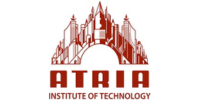




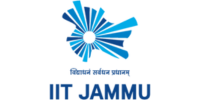
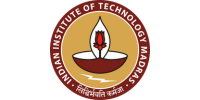





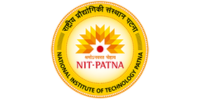




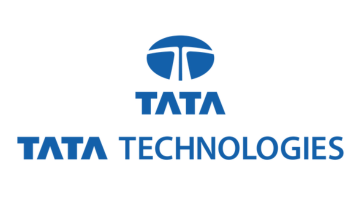
As a tech company dedicated to innovation, we are always on the lookout for high-quality tools that can push the boundaries of our projects. The IoT Trainer Kit from Robocraze (TIF Labs) has exceeded our expectations in every way. Top-notch quality and service provided by the team.
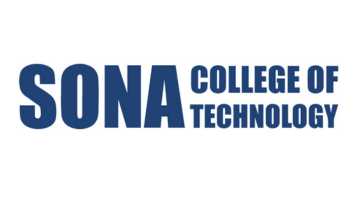
The Faculty Development Program was a complete hit! Our faculty has well understood the concept of IoT implementation using Arduino and Raspberry Pi, with the help of IOTIF and your trainer! He created a friendly atmosphere, good teaching material and helpful with questions. Very interesting and informative.
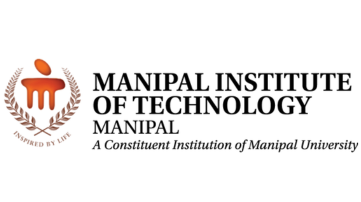
Robocraze has successfully carved a niche for themselves in the world of technology. Their expertise has garnered immense student interest in their workshops conducted on campus. Their kits have found their way into the MIT labs and have been found to be both efficient and user-friendly.